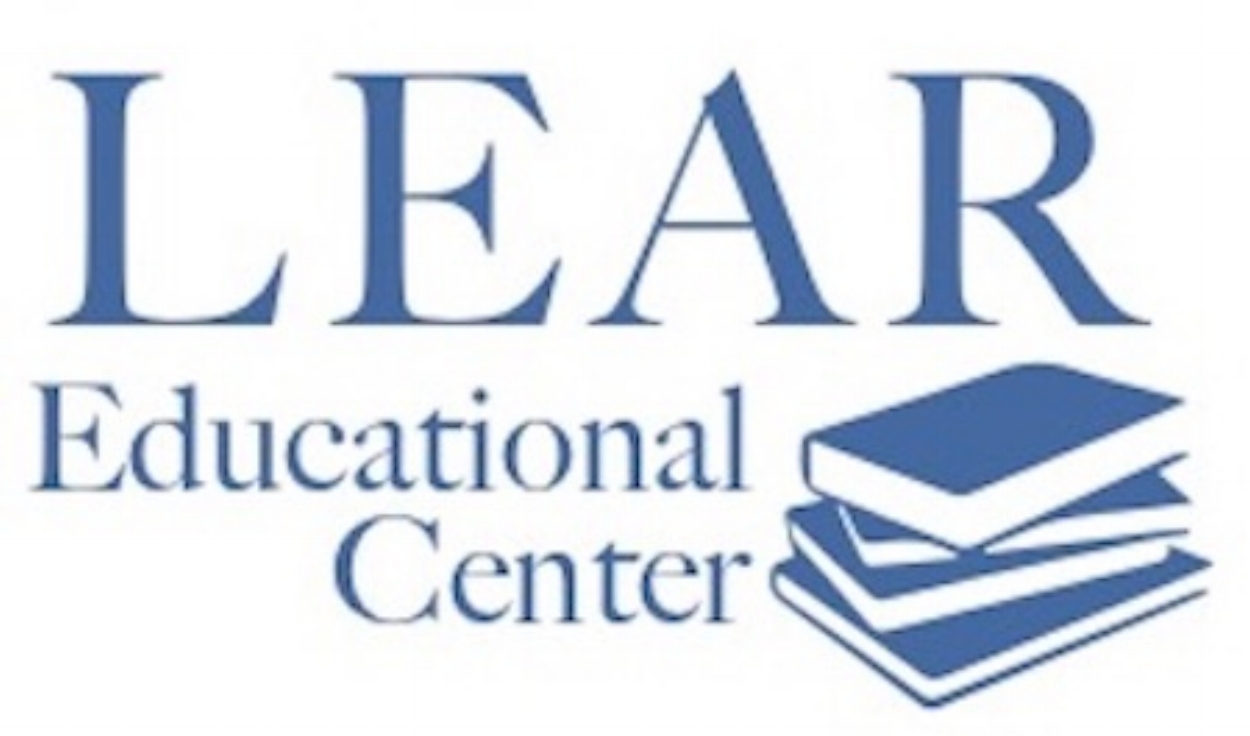How’s my Child Doing? Scholastic Monitoring for Early and Effective Intervention
/To ensure that your student is receiving the best education available, his progress is routinely measured to determine if supplemental assistance is needed.
Classroom performance is a key indicator. In addition, most schools use ‘universal screening’, testing each child in kindergarten through second grade to evaluate student comprehension of basic math concepts as well as reading readiness and initial reading progress.
Basic math concepts include:
the ability to name written basic numerals
the knowledge of the quantities represented by the numbers
the ability to perform basic calculations such as addition and subtraction
Skills of early literacy include:
the ability to name the letters of the alphabet
the knowledge of the sounds of the letters
the ability to read‘sight words’ (common words such as ‘the’ and ‘and’) without having to sound them out
the ability to read grade-level vocabulary at an appropriately speed
the ability to understand what is read
Through the screening and testing, students in need of remedial teaching are identified and interventions are provided for them as early as possible so that they will be able to keep up with their class. Response to these interventions is tracked to measure improvement so that remedial programs can be modified if necessary.
Often a student begins to have difficulty with classwork during the middle elementary grades, third through fifth. Remediation may be necessary for such reasons as to improve reading fluency, vocabulary and comprehension as well as the ability to work with more advanced math concepts. Identification of these students through classroom performance, screening and testing allows the schools to provide help for them before they fall significantly behind.
Middle and high school students are less likely to be universally screened and tested. Their progress is usually tracked through classroom performance in quizzes, tests, participation, homework, compositions and projects.
Lear Educational Center provides one-to-one tutoring designed to meet the individual needs of students. We interface with schools, working with the curriculum appropriate for each student. We accommodate and compensate for learning differences, helping students meet IEP and remediation goals. We also teach study skills, learning strategies and techniques which help students meet the classroom challenges of today and those of tomorrow.
At Lear Educational Centerwe use programs that are widely acclaimed for their success in teaching students with learning differences. These programs include the Wilson Reading System, Lindamood-Bell, Saxon Math, and Orton-Gillingham.



































